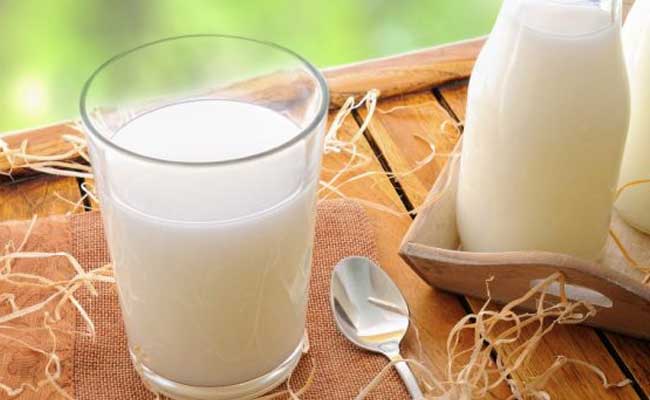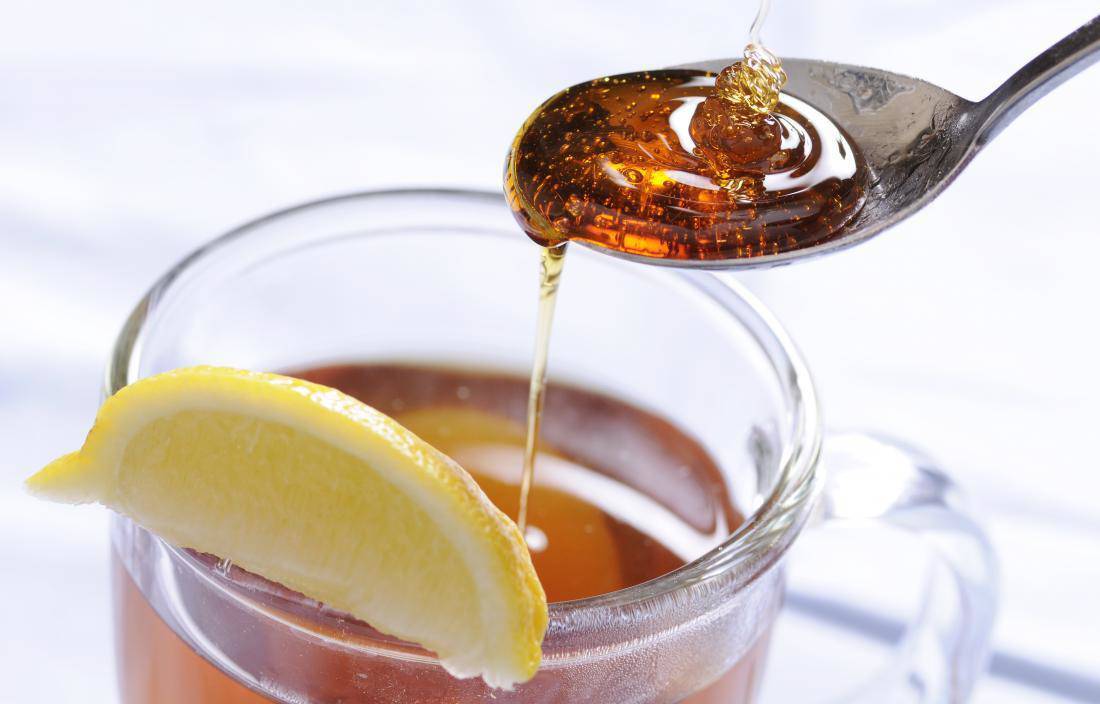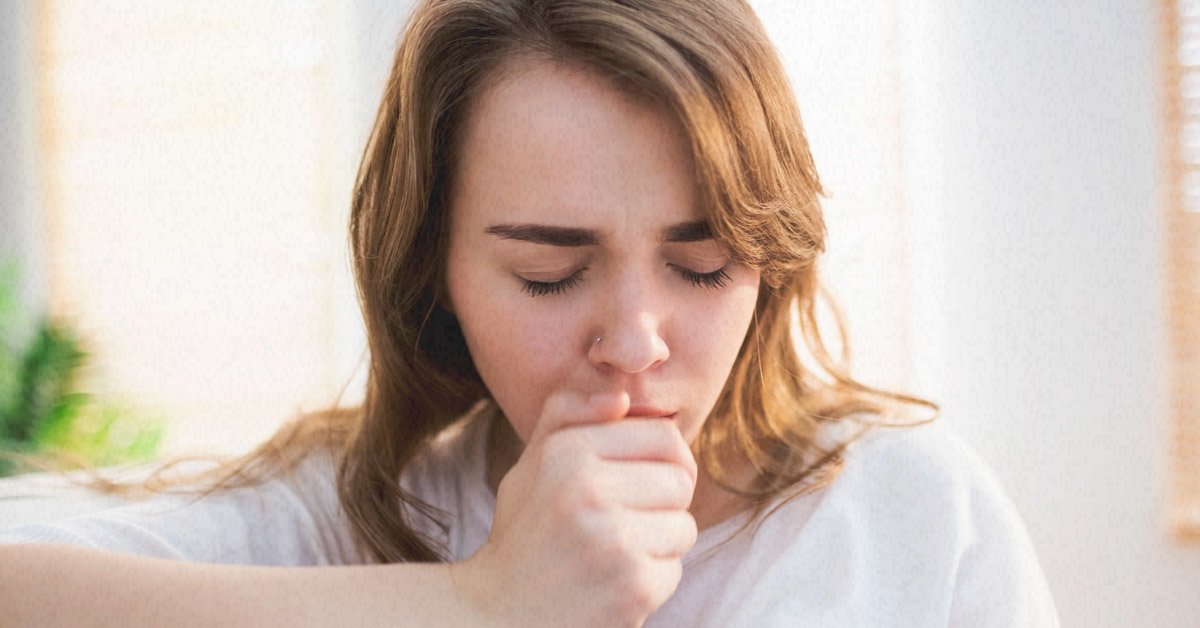Vaccination situation in Vietnam
Source: COVID-19 Immunization Portal – Updated at 00:00 March 14, 2022
Number of injections nationally
Why do so many people cough long after they catch COVID-19?
Coughing is a common reflex that helps clear the throat by pushing fluids out. There are several reasons why many people have a persistent cough after contracting it COVID-19 such as: the process of expulsion reflex, expulsion of the body’s virus or because the respiratory mucosa after inflammation is still easily irritated at the nerve endings, causing coughing. In addition, some F0 may be post-COVID-19 due to gastroesophageal reflux disease due to drug use, or fibrous lesions of the bronchioles, history of asthma…
A persistent cough often causes discomfort and affects the patient’s daily activities. Illustration.
Dangerous cough?
Most coughs will go away, or at least improve significantly within two weeks. Coughs after Covid-19 usually don’t require medication either. You need to practice rehabilitation with exercises to increase lung capacity, using herbal cough remedies or traditional remedies such as sucking on lemon honey.
If your cough does not improve within 2 weeks, you can see a doctor to determine the cause and suggest appropriate treatment.
If symptoms develop further, contact your doctor as soon as possible. Symptoms to watch out for include:
– Fever
– Chest pain
– Headache
– Sleepy
– Wheezing
– Hemoptysis
– Hard to breathe
Cough should not eat?
1. Dairy products
Dairy products contain a lot of protein, which in turn causes the intestinal tract to produce excess mucus. This mucus will also appear in the airways, lungs and throat, causing you to cough.

Limit dairy products when you cough.
2. Food is too salty or too sweet
If you eat too much salty and sweet food, your lungs will become hot, causing coughing. Foods to avoid because they contain a lot of salt or sugar are smoked meats, salted fish, etc. If these eating habits continue to be maintained, most likely the cough will last a long time.
3. Cold food
If you already have a cough, eating cold food will irritate your throat, making it worse. Usually, eating or drinking cold drinks will cause the lungs to become blocked with air, the damage from a cold infection – the main cause of coughing.
4. Hot spicy food
The mucosal area of the throat is very susceptible to swelling and inflammation if you eat too much spicy food. Spices that should be avoided to avoid coughing are chili, pepper, ginger, mustard greens, and dishes that contain lots of these spices.
5. Seafood
The respiratory system is quite easily irritated by the shells of seafood such as shrimp, crab… They also contain a lot of protein, and like milk, mucus will continue to be produced, causing coughing up phlegm.
6. Caffeine
When the body is dehydrated, the throat will be dry and uncomfortable, causing the sufferer to cough. Caffeine in tea, coffee… is a mild diuretic, making us urinate more and the body more easily dehydrated.
7. Alcohol and carbonated drinks
Drinks that contain alcohol and gases such as wine, beer, soft drinks… can dry out the throat, worsening a sore throat and coughing again.
What should you eat if you have a cough?
1. Honey
Honey is a traditional remedy for coughs. In one study, parents rated honey as the most effective for reducing their children’s night cough. It is more suitable for older children.

Honey is considered a “panacea” in the treatment of coughs.
2. Pineapple
Bromelain, a mixture of enzymes naturally found in pineapples, has the ability to thin mucus and suppress coughs.
3. Chicken soup
Many people wonder if they can eat chicken with a cough, the answer is yes. Some studies show that this ancient remedy can actually help with coughs, stuffy noses, and colds.
4. Licorice Root Tea
Like other soothing drinks that help soothe a sore throat, licorice root tea is a traditional remedy for coughs, soothes the airways and loosens mucus.
5. Fruits
What fruit should you eat when coughing? Oranges, apples, and blueberries are the fruits that come to mind when it comes to coughing. These are all fruits that contain lots of nutrients, increase endurance and prevent cough symptoms.
at Blogtuan.info – Source: Eva.vn – Read the original article here





